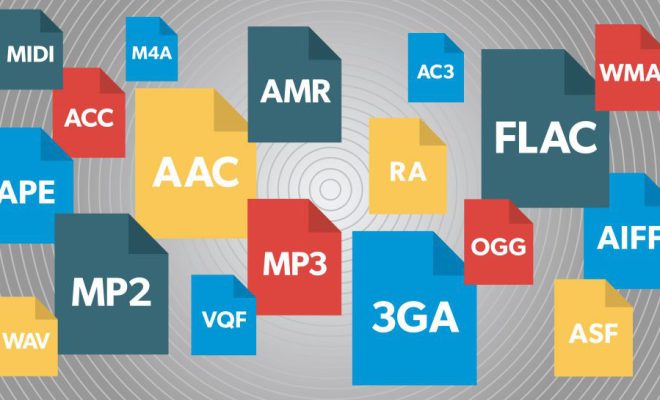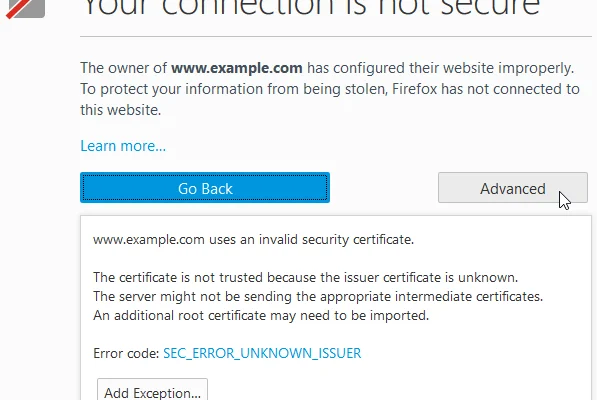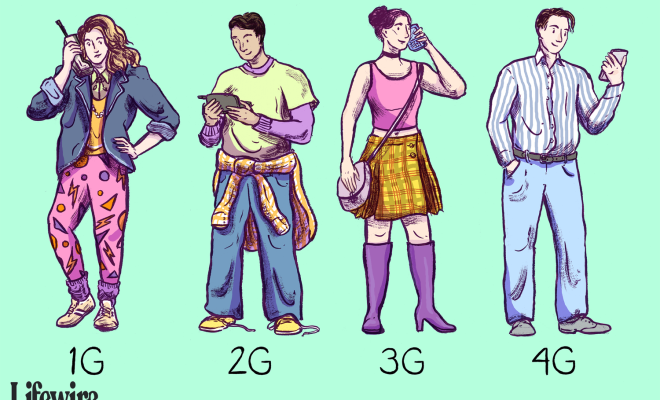How Audio File Formats Differ and What This Means for Listeners

Audio file formats are a critical component of how we listen to music and other audio content. However, with so many different file formats available, it can be challenging to understand the differences and what they mean for listeners.
The most common audio file formats include MP3, WAV, FLAC, and AAC. Each of these formats has its own unique features and characteristics that make it suitable for different purposes.
The most widely used audio file format is MP3. This format is popular because it is highly compressed, meaning that it takes up less storage space than other formats. However, this compression also means that some of the audio data is lost, resulting in a lower quality sound.
WAV is another popular audio file format. Unlike MP3s, WAV files are not compressed, which means that they offer a higher quality sound. However, WAV files are much larger than MP3s, so they take up more storage space.
FLAC is a lossless audio file format that is similar to WAV in terms of sound quality. However, FLAC files are compressed, which means that they take up less storage space than WAV files. Additionally, FLAC files support metadata, which allows listeners to add information such as album art, song titles, and artist names to their audio files.
AAC is an audio file format that is commonly used for streaming audio over the internet. This format offers a higher quality sound than MP3s while still being highly compressed. Additionally, AAC files support metadata and are compatible with a wide range of devices and platforms.
In conclusion, the differences between audio file formats can have a significant impact on the quality of the sound and the amount of storage space required. While some formats are more suitable for streaming over the internet, others are better for high-quality audio playback. Ultimately, the choice of audio file format will depend on the listener’s preferences and the intended use of the audio content.





